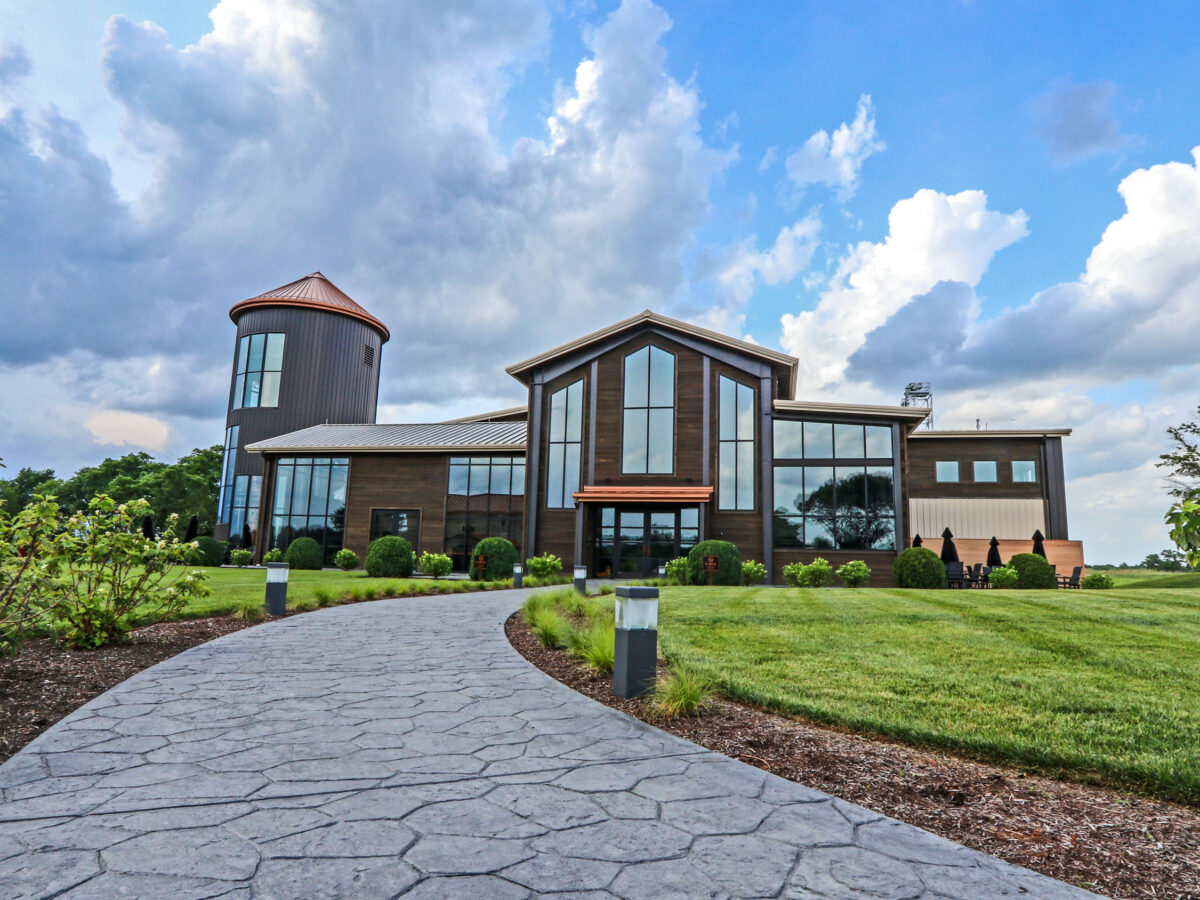
Are Bourbon, Scotch, Rye and Whiskey the Same?
January 18, 2024
Blood Oath Pact No. 10: A Toast to Tradition and Innovation
April 19, 2024Bourbon holds a revered place in the hearts of whiskey aficionados, both for its deeply American spirit and for its rich, complex flavor. To some, the link between bourbon and Kentucky is as indelible as peanut butter and jelly or The Kentucky Derby and the mint julep. However, you may be surprised to learn that bourbon doesn’t actually have to be made in Kentucky.
In this deep dive into bourbon, we peel back the layers of misconceptions to reveal the origins of bourbon, how it became so synonymous with Kentucky, and some of the other places bourbon is made.
The Origins of Bourbon
An aura of romance surrounds bourbon, often tied to its beginnings in the Appalachian and Ozark Mountain ranges, particularly in Kentucky. But to say bourbon can only be traced to Kentucky is to pour out the rest of the colorful, albeit lesser-known, parts of its history.
Once upon a time in a pre-Revolutionary America—and certainly pre-Kentucky—bourbon was born of necessity. Settlers in the newly-formed United States began distilling rye, corn, and other grains, primarily because their barley crop struggled in the local climate. Farmers looking to make a profit found that the surplus of corn, particularly in Kentucky, was perfect for making whiskey—setting the stage for bourbon’s golden role in the history of American spirits.
From Homemade Hooch to Global Darling
Bourbon’s journey from homemade hooch to a global symbol of traditional American craftsmanship is a testament to its enduring spirit. The catalyst for this transformation came in 1964 when the U.S. Congress declared bourbon “America’s Native Spirit,” leading to technical requirements necessary for any whiskey to bear the name bourbon. These rules dictated a mash bill of at least 51% corn, distillation at no more than 160 proof, aging in new charred oak barrels, and bottling at a minimum of 80 proof.
Learn the ABC’s of Bourbon from David Nicholson.
But as bourbon production in Kentucky became regulated and increasingly commercial, the demand for authentic bourbon spread. The curiosities of craft distillers outside of the Bluegrass State, coupled with changes in laws and an ever-increasing thirst for quality, diversified the bourbon landscape.
Bourbon’s Boots Walking Away From Kentucky
The advent of micro-distilling and the resurgence of craft spirits in the U.S. transformed the landscape. States like Tennessee, New York, and Illinois joined the bourbon-making ranks, offering new expressions that rival those from the heartland. There’s a certain pioneer spirit among these non-Kentucky distilleries, constantly keeping the bourbon and whiskey landscape fresh with new bottles on the shelves.
Bourbon, Geography, and Tradition
Geography, mixed with the charm of tradition, is what locates bourbon’s heart in Kentucky. The limestone-filtered water, the alluring woodsmoke, and the ebb and flow of the seasons—all play their part. But to say that these are the sole ingredients of bourbon’s charm is to overlook the expertise other regions bring.
Take Indiana’s MGP—the distillery provides the juice for some of the most iconic bourbon labels outside of Kentucky and serves as a training ground for up-and-coming distillers. Their location in Lawrenceburg gives them direct access to the grain of the Midwest, and this proximity fuels their ability to produce quality whiskey.
The Kentucky Bourbon Trail: More Than Just a Road Trip
Bourbon enthusiasts descend upon Kentucky each year to take the pilgrimage along the famous Bourbon Trail, savoring the stories from the distilleries that brought bourbon to life. The trail is more than a marketing gimmick; it’s a cultural journey, an immersive dive into the craft and history of the spirit.
The question then stands: Can the Bourbon Trail in Kentucky be replicated? The simple answer is no. What can be replicated are the dedication and craftsmanship found throughout Kentucky, wherever bourbon is made, appreciated, and enjoyed.
The Art of Kentucky Bourbon and Beyond
Kentucky bourbon and its counterparts all across the U.S. each bear their regional stamp. It’s an eloquent expression of the local terroir, a word commonly associated with wine but perhaps just as relevant to spirits. Distilleries in different regions produce bourbons unique to their climate, agriculture, and, most importantly, their people.
Bourbon made in Kentucky often has a smoothness and a sweet touch, thanks to the corn-focused mash bill. Meanwhile, producers in Washington State focus on soft wheat varieties, resulting in bourbons with more delicate, floral notes. The regional differences showcase the diversity and creativity that the world of bourbon has to offer.
Conclusion
Bourbon does not belong to any single state but to all the places where it is expertly crafted. The story of bourbon is not confined by state lines but instead inspired by the people and their craft. No, bourbon is not only made in Kentucky—its cultural importance cannot be overestimated, but its potential is limitless.
So the next time you raise a glass of bourbon, let it be a toast to Kentucky for laying the groundwork and to the rest of the states for enriching the spirit. Embrace the fact that bourbon, like America itself, is a melting pot of traditions, flavors, and regional charm. After all, bourbon is about coming together, sharing stories, and enjoying quality in every sip. And that can happen anywhere, not just in Kentucky.
But, if you find yourself in the Bluegrass State, be sure to come visit us.


